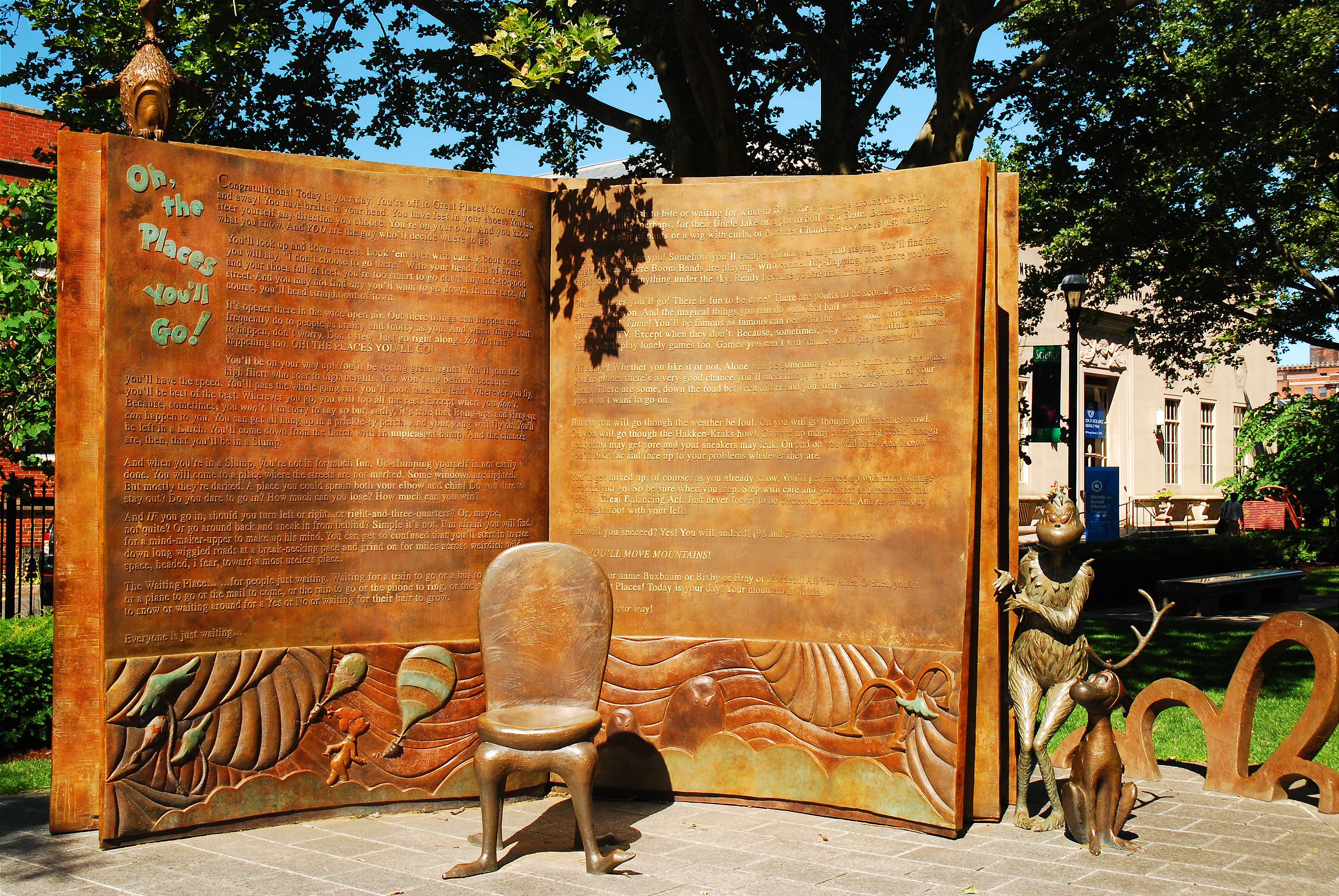A week ago, I participated in a panel discussion titled “When Independent Schools Must Atone for Past Sins.” The topic reflected on an increasingly common challenge for many orgs and businesses – what to do when asked to be accountable for past behaviors in light of current standards.
From this communicator's viewpoint, the answer starts with this simple premise: just because the behavior was acceptable, doesn’t mean it was right. For many years, casual racism, sexism, workplace bullying and more, were ignored, tolerated and – at worst – celebrated. This reality reflects power structures that were designed to maintain the status quo. And even when the acts weren’t perpetrated by the powerful, they reflected behaviors that are not only no longer tolerable, but must be actively rooted out.
So, what does Dr. Seuss have to do with all of this? On the occasion of his birthday, Dr. Seuss Enterprises announced it would no longer publish several books that have racist imagery. Dig a little deeper (one only need a teaspoon, the fact that follows is well known): early in his career Geisel drew propaganda cartoons that reflected anti-Black and anti-Japanese motifs.
Though the decision is undoubtedly later than some would like, I reject the notion that this move is “cancel culture” at its finest. Instead, it is a representation of an organization that did the hard work to recognize that the entirety of Dr. Seuss’ legacy could ultimately be destroyed if these unacceptable images weren’t addressed. By my read of public accounts, they took a thoughtful approach of assembling a panel of teachers, educators, and other experts to help them make the decision on which books to excise.
With the powerful Seuss platform (many of our six-year-old’s most beloved educational books are Dr. Seuss style titles – Hark a Shark, Clam I Am, There is No Place Like Space, etc.), the publisher has an even greater opportunity. It can actively engage educators and promote authors or works that broaden perspective and teach young people about diverse cultures. The public statement notes that, “Ceasing sales of these books is only part of our commitment and our broader plan to ensure Dr. Seuss Enterprises’ catalog represents and supports all communities and families.” I hope the company quickly follows up by acting on that promise.
Because Seuss Enterprises tackled this topic somewhat proactively, before a major crisis or boycott hit, it took the opportunity to control its own destiny and framing of this news. I’m sure there were discussions (I’ve been part of many similar ones with clients) about whether or not to announce what they did – many may not have even realized some of the books had these images. (It was disquieting recently to read a Disney Peter Pan book to my son and see the horrible depiction of Native Peoples). But hands down Seuss made the right call.
What lessons can other companies, cultural institutions, educators, and non-profits take away from this?
- Engage in self-reflection – look back on your history, understand how it is impacting your present and consider a path forward
- Get help – it is a rare organization that has all the tools necessary to truly understand these issues; identify experts that can support your work, a third-party viewpoint can be essential
- Take action – how will you change who you are today based on what you have considered; you need more than words, actions count
- Share your story – tell people what you are doing, why and how you arrived at that decision and how you will hold yourself accountable
- Prepare for reaction – anticipate what principled objections your action may elicit and build your messaging and plan to include response to those objections; with sensitive preparation, you may be able to alter their course
I’m looking forward to seeing how Seuss Enterprises carries this forward. There is a great opportunity ahead for them to lead.
By Diana Pisciotta, President of Denterlein
Image portrays Dr. Seuss National Memorial Sculpture Garden in Springfield, Massachusetts.

